On the sidelines of the 77th UN General Assembly, U.S. leaders gathered in New York City at the Ford Foundation Center for Social Justice for the fourth annual American leadership in advancing the Sustainable Development Goals hosted by the Center for Sustainable Development at the Brookings Institution and the United Nations Foundation.
The gathering showcased ways different segments of American society are embracing the Sustainable Development Goals (SDGs) to tackle local and global challenges, from new commitments to community partnerships. The event also reflected the diversity of experience and expertise needed to accelerate progress, showcased reverse SDGs trends that are moving in the wrong direction, and unlocked new resources and political leadership as the world reaches the midpoint to SDG’s 2030 target.
“As we advance our work in support of the 2030 Agenda, let us redouble our efforts, take an inclusive approach, and remember that each of those 17 goals is linked to an individual human life.” – Ambassador Lisa Carty, U.S. Representative to the U.N. Economic and Social Council
Several key insights emerged from the conversation on how to enable greater ambition on the SDGs and fill the gaps in U.S. progress:
- Foster commitments and action from all sectors. U.S. efforts toward achieving the SDGs will benefit from a greater focus on leveraging the comparative advantage that the private sector and academia bring. Harnessing the creativity and resources that drive business success can also result in efforts to advance progress toward the SDGs. For instance, Google.org, the philanthropic arm of Google, announced a major new commitment that includes an open call for artificial intelligence innovation projects focused on accelerating SDG progress. Sanjeev Khagram, Dean of the Thunderbird School of Global Management at Arizona State University (ASU), emphasized the importance of universities and academic institutions in helping design and support their region’s SDG strategy, as ASU is assisting the City of Phoenix in undertaking a review of its local progress on the SDGs.
“The real question is how can we get the private sector more engaged? What is my differential strength that I can bring, that our company can bring, to achieving the SDGs together as a global community?” – Jacquelline Fuller, President of Google.org
- Ensuring marginalized communities are not left out of progress. Ridgway White, President and CEO of the Mott Foundation, reminded the audience that incidents such as Flint’s water crisis act as a magnifying glass to the issues that plague underserved communities. A recent analysis by Brookings and the U.N. Foundation showed that even before the pandemic, the U.S. was not on track to fully achieve a single SDG, with particularly dire consequences for the future well-being of American youth, women, and minority racial and ethnic groups. Dr. Helen Bond, University Associate Professor of Curriculum and Instruction for Howard University’s School of Education, pointed out that SDG-related outcomes in white communities are around three times better than those of minority racial and ethnic communities, particularly Black and Indigenous communities.These long-standing inequities challenge efforts to “leave no one behind” in the U.S., as emphasized by Salah Goss, Senior Vice President for Social Impact for Mastercard’s Center for Inclusive Growth, who highlighted the importance of access to close racial wealth and opportunity gaps: “Our theory of change is really your proximity to networks, whether they’re financial networks, social networks, information or digital networks really is a predictor of your success.”
“Failure in the U.S. on the SDGs would be a betrayal of America’s promise of opportunity for all and a blow to our efforts to advance human rights and dignity around the world.” – Rep. Barbara Lee, D-CA
- Embrace inclusivity to solve today’s challenges. U.S. leaders at all levels need to listen and engage with diverse voices, such as youth and local communities, keeping inclusivity at the heart of collective efforts. To Salah Goss’s point, “the people who are most proximate to the problem usually can unlock part of that solution.” This sentiment was echoed by Himaja Nagireddy, the UNA-USA Youth Observer to the U.N., who amplified youth voices from around the country and stressed that young people have the most to lose if the SDGs are not addressed. Nagireddy called for U.S. leaders to leverage youth voices and innovations in efforts towards building solutions to global challenges. Ambassador Lisa Carty also emphasized inclusivity’s centrality to global progress: “Without a fully inclusive approach that includes women, girls, disabled persons, the LGBTQI community, marginalized racial and ethnic groups, indigenous communities and youth voices, our SDG efforts cannot truly succeed.”
“Use your power to actively reach out to us to hear our stories, thoughts, and ideas… We can never achieve a world that we dream of – a world of peace and justice for all – without our young people.” – Himaja Nagireddy, UNA-USA Youth Observer to the U.N.
This event displayed bright spots on American leadership and action toward the SDGs across different segments of American society. It also highlighted the opportunities for action across the U.S., from university campuses and boardrooms to Congress and city halls. As Ridgway White suggested in his closing remarks, the U.S. government also has an opportunity to reinforce the existing leadership and tap into this momentum by producing a “Voluntary National Review” to report its national progress on the SDGs.
Working together across sectors, the U.S. can help accelerate efforts to bring the SDGs progress back on track as the world approaches the midpoint in 2023. As Elizabeth Cousens, President and CEO of the U.N. Foundation said, “this is a perishable opportunity and one that we cannot miss.”
The Brookings Institution is committed to quality, independence, and impact.
We are supported by a diverse array of funders. In line with our values and policies, each Brookings publication represents the sole views of its author(s).



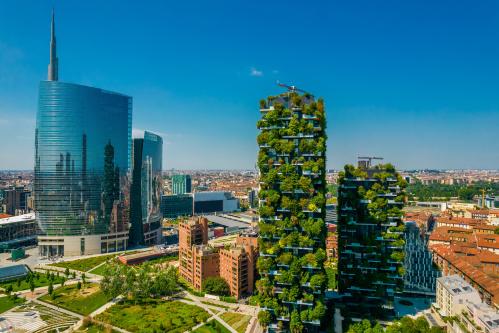
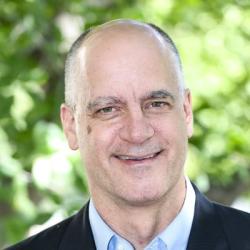
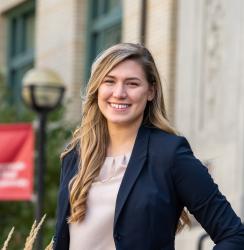


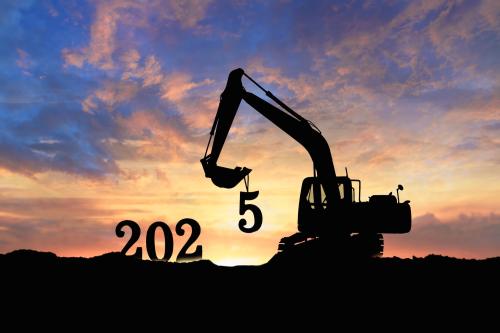
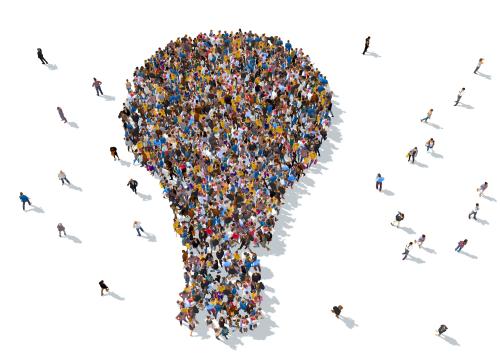
Commentary
New commitments and partnerships to accelerate SDG progress in the United States
November 22, 2022